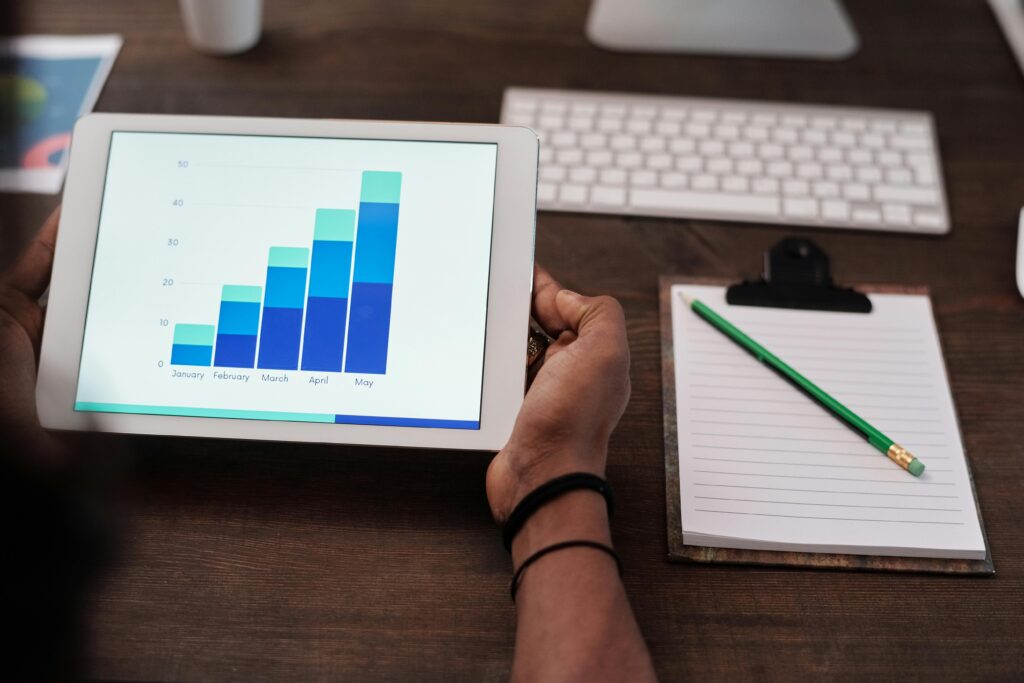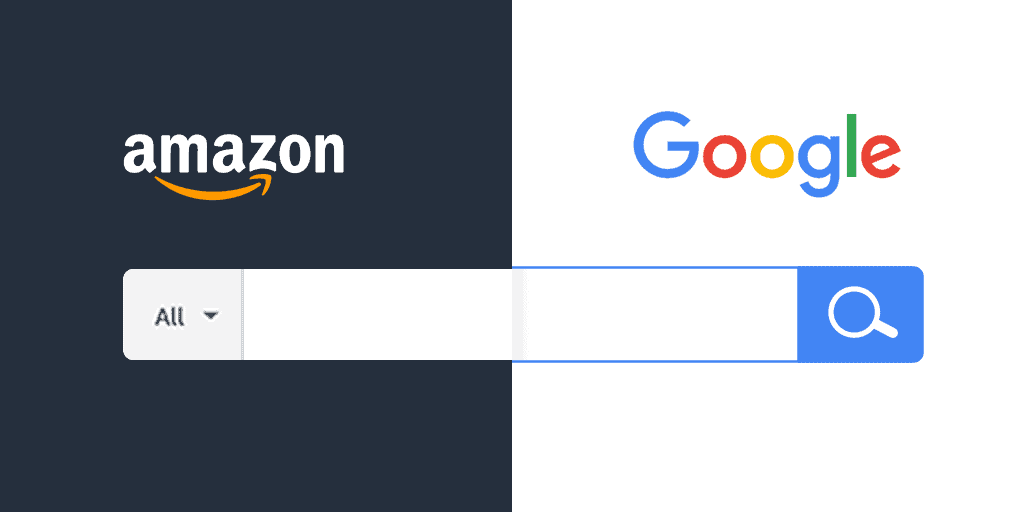SEO optimization is a core part of strategy. With countless businesses relying on online presence to connect with customers, the importance of search engine visibility cannot be overlooked. When done right, SEO optimization helps agencies increase traffic, build authority, and foster long-term success for their clients.
In this guide, we will go through practical SEO optimization strategies that every marketing agency can use. These methods will help improve search rankings, increase organic traffic, and establish a strong online footprint.
What is SEO Optimization and Why Does it Matter?

SEO optimization, or Search Engine Optimization, is the process of making a website more appealing to search engines like Google, Bing, and Yahoo. It involves a variety of strategies designed to improve a website’s visibility when users search for related terms. When your website appears higher in search results, it draws in more visitors and, ideally, boosts conversions.
For marketing agencies, SEO optimization is essential for attracting clients who are eager for results. By improving their online presence, agencies can also demonstrate their value to clients, which builds credibility.
Conducting Thorough Keyword Research: SEO Optimization
The first step in any SEO optimization strategy is comprehensive keyword research. Keywords are the phrases that potential customers are searching for online. Identifying the right keywords helps focus content, ensuring that it aligns with what the audience wants.
Steps to Find Effective Keywords:
- Start with Seed Keywords: Think about words and phrases closely related to your client’s business, services, or products.
- Use Keyword Research Tools: Tools like Google Keyword Planner, SEMrush, and Ahrefs help pinpoint popular keywords in your client’s industry.
- Analyze Search Intent: Understanding whether users are looking to buy, learn, or explore a topic is crucial in selecting the right keywords.
- Focus on Long-Tail Keywords: Long-tail keywords are more specific phrases that usually have less competition and higher conversion rates.
Using thorough keyword research allows marketing agencies to create content that directly targets the audience’s needs, making it more effective in search rankings.
Creating High-Quality, Valuable Content

Once you have identified keywords, it is time to create content around them. In SEO optimization, high-quality content is non-negotiable. It should be informative, engaging, and tailored to the audience’s interests and needs.
Elements of Quality Content:
- Relevant Information: Address questions, solve problems, or provide new insights on a topic.
- Readability: Break up content with headings, bullet points, and short paragraphs to improve readability.
- Regular Updates: Content that is up-to-date has a better chance of ranking well. Search engines value fresh information.
- Use of Multimedia: Including images, videos, and infographics makes the content more engaging and easier to understand.
By producing content that is both helpful and interesting, marketing agencies can significantly improve their client’s website ranking while also building trust with their audience.
Building a Strong Backlink Profile
A backlink is a link from another website that points to your client’s site. Backlinks are crucial for SEO optimization because they signal to search engines that your content is valuable. The more quality backlinks a website has, the more authority it gains in the eyes of search engines.
How to Build Quality Backlinks:
- Guest Blogging: Writing posts on relevant websites can attract backlinks.
- Influencer Outreach: Connect with influencers and ask them to share or link to your content.
- Create Shareable Content: Articles, infographics, and videos that are useful or entertaining are more likely to be shared and linked to by others.
- Monitor Competitors: See where competitors are getting their backlinks and try to earn similar ones.
Building a strong backlink profile is an ongoing process, but it is one of the most effective ways to boost search engine rankings and drive more traffic.
Optimizing On-Page SEO Elements

On-page SEO focuses on the optimization of elements directly on your client’s website. Proper on-page SEO ensures that search engines can understand and rank the content appropriately.
Key On-Page SEO Elements:
- Title Tags: Make sure each page has a unique, descriptive title that includes the primary keyword.
- Meta Descriptions: Write concise descriptions that give a quick overview of the page’s content.
- Headings: Use headings (H1, H2, H3) effectively to structure content and include keywords where appropriate.
- Image Optimization: Use alt text to describe images and compress images to improve page load speed.
- Internal Linking: Link to relevant pages within your client’s website to improve navigation and encourage visitors to spend more time on the site.
Optimizing these on-page elements will improve both SEO ranking and user experience, making it easier for visitors and search engines to navigate and understand the website’s content.
Improving Website Speed and Mobile Responsiveness: SEO Optimization
Search engines prioritize websites that load quickly and are accessible on mobile devices. Users expect fast-loading sites, and a delay of even a few seconds can increase bounce rates significantly.
Steps to Improve Speed and Mobile-Friendliness:
- Optimize Images: Compress images to reduce their file size without sacrificing quality.
- Minify Code: Removing unnecessary code, like excessive spaces and comments, can speed up loading times.
- Use Caching: Caching reduces the amount of work the server needs to do, which speeds up the loading time for users.
- Test for Mobile Responsiveness: Make sure the site works well on different devices, from desktops to smartphones, using tools like Google’s Mobile-Friendly Test.
Prioritizing website speed and mobile accessibility will improve user experience, which is key for retaining visitors and achieving higher search rankings.
Leveraging Local SEO for Greater Reach: SEO Optimization
Local SEO helps marketing agencies target clients who are searching for services within a specific area. By focusing on local SEO, agencies can improve their visibility among customers in their geographical area.
Key Strategies for Local SEO:
- Google My Business Profile: Keep the Google My Business profile updated with accurate information and encourage satisfied clients to leave positive reviews.
- Local Keywords: Use keywords that include location terms to attract nearby clients.
- Local Backlinks: Partner with local businesses and organizations to earn backlinks.
- Directories and Listings: Make sure the business is listed on relevant local directories like Yelp, Yellow Pages, and TripAdvisor.
By targeting local search terms and directories, marketing agencies can better connect with customers in specific locations, making SEO optimization efforts more effective.
Tracking SEO Performance and Adjusting Strategies: SEO Optimization
For successful SEO optimization, tracking the progress and performance of each strategy is essential. By using data, agencies can identify what works and what needs improvement.
Tools for Tracking SEO Performance:
- Google Analytics: Track visitor behavior, traffic sources, and conversion rates.
- Google Search Console: Monitor site performance, fix issues, and analyze keyword rankings.
- Keyword Tracking Tools: Tools like SEMrush or Ahrefs provide keyword ranking information and competitor insights.
Regularly assessing performance helps marketing agencies adjust their SEO optimization strategies, ensuring long-term success and consistent improvement.
Building a User-Friendly Website Design: SEO Optimization
User experience plays a big role in SEO. A well-designed website keeps users engaged, decreases bounce rates, and encourages longer visits.
Elements of a User-Friendly Website:
- Clear Navigation: Simple and organized menus help users find what they are looking for.
- Readable Fonts and Colors: Use fonts that are easy to read and colors that are visually pleasing.
- Interactive Elements: Features like comment sections, chatbots, and calls-to-action can enhance the user experience.
- Minimal Pop-Ups: Too many pop-ups can be disruptive and harm the user experience.
Creating a website with these elements can improve SEO rankings and user satisfaction, helping clients achieve better engagement and retention rates.
The Importance of Regularly Updating Content: SEO Optimization

Content that remains fresh and relevant keeps users coming back and shows search engines that your website is active. Regular updates also allow agencies to improve outdated information, add new keywords, and strengthen their SEO optimization efforts.
Ways to Keep Content Updated:
- Revise Older Content: Add current statistics, replace old information, and refresh the writing style.
- Expand on Popular Topics: If certain posts are performing well, add more detailed insights or related content.
- Monitor Trends: Adjust content to match industry trends and seasonal interests.
By making content updates a regular habit, marketing agencies can maintain high relevance and better search engine rankings.
SEO Optimization: Using Social Media to Boost SEO
While social media itself is not a direct SEO ranking factor, it can indirectly boost SEO by driving traffic and increasing engagement.
How Social Media Supports SEO Optimization:
- Increases Content Visibility: Sharing content on social media platforms like Facebook, Twitter, and LinkedIn attracts more visitors.
- Encourages Backlinks: If social media content gains attention, it is more likely to be shared, leading to more backlinks.
- Enhances Brand Awareness: A strong social presence helps increase brand awareness, leading to improved recognition and trust.
Incorporating social media into an SEO optimization strategy can boost a website’s reach and create more opportunities for link-building and engagement.
Conclusion
For marketing agencies, SEO optimization is a powerful tool that drives growth and visibility for clients. From keyword research and quality content to backlinks and website speed, each element works together to improve search engine rankings and user engagement. Regular monitoring and updates ensure that these strategies remain effective over time, adapting to changes in search algorithms and user behavior. By focusing on these SEO strategies, agencies can help their clients achieve online success, bringing in more traffic and increasing conversions.








